Week 5 Optional Bible Prep
The Cross’ Message about Culture, Freedom, and Moralism
(The Hidden Problem of Freedom)
1 Cor. 8–10, Preaching Passage: 1 Cor. 8:1–13
Summary:
Corinthian culture, “more Roman than Rome,” was a culture saturated with pagan idols and rituals––“many gods and many lords” (1 Cor. 8:5). Residents were expected to participate in “house gods” which typically involved eating food. In the context of town councils, schooling, employment, commerce, or socializing of any form, these activities were normally done in settings that honored and paid tribute to idols. And given that refrigeration didn’t exist at that time, much of the food available in Corinthian markets (and especially meat) had been previously used and prepared in various pagan ceremonies earlier in the day. This made the Christians of Paul’s congregation stand out like sore thumbs if they didn’t participate. Consequently, an argument broke out within the Corinthian congregation as to the use of foods that had been previously prepared in rituals of pagan religion.
One faction argued that the food was defiled by association with perverse pagan rituals, whereas others argued that they were so spiritually enlightened that their superior spiritual attainment permitted them to participate in and use materials from pagan rituals however they pleased. This is an argument about the Christian’s relationship to surrounding culture: Must Christians withdraw from all aspects of society if those aspects are not (or even opposed to) Christian(-ity)? Aren’t the Christians who participate in these things compromising with the spirit of the age? The theologically conservative side argued the importance of remaining holy and set apart for Christ; the theologically liberal side argued this was impractical and legalistic, which Christians aren’t supposed to be because in Christ we are freed from the bindings of Torah. If you think in terms of today’s ‘culture wars’ that divide Christians, you’ve got a sense of this conflict in Corinth. Throughout chapters 8–10, Paul offers a different rebuke to each––one for each side of the divide––and two guidelines of Christian freedom to correct, encourage, and draw both together as one.
Key Passages:
1) Rebuke to ‘cultural separation’ party:
8:4 “An idol has no real existence,” factual matter. Paul argues that food, by itself, has as much supernatural power as do idols; that is, none. But Paul doesn’t say, “Just go ahead and eat it.” Instead, “We are no worse if we do not eat and no better if we do” (8:8).
10:23–6, Christians may participate “without raising any question of conscience” about origins. There is freedom to participate under the appropriate conditions.
10:27–8, Paul discusses more specifically the example of private gatherings, arguing that Christians can participate so long as the host is not explicitly asking the guests to join in tribute to a deity.
2) Rebuke to the ‘cultural freedom’ party:
10:14, “Flee from idolatry.” Christians must not participate in any ceremony that publicly announces other deities. Christians can have no part in observances that promote the message that Christ is just one deity among many, for that is a lie.
8:7–9 “Take care that this right of yours does not become a stumbling block.”
Ch. 9 Christians must not press other Christians to do things their conscience is not prepared to do, nor can Christians exercise their freedom in manners that promote or produce negative outcomes among non-Christians.
3) Both brought together:
8:7 The surrounding culture, by itself, does not have the power to separate you from God just by one’s contact with it. Believing otherwise is “weak conscience,” the belief that any contact is “defiling.”
Modern tolerance is informed by American individualism: “I won’t criticize you, but if what I do upsets you that’s your problem, not mine.” Christian freedom is a tolerance informed by the practice of love: “I do have some criticisms of your practices, but I will give anything, including giving up some of my rights, to keep this relationship with you.”
8:1–3; 9:19–23, 10:28, Christian freedom is not ‘negative freedom,’ i.e., freedom from any and all restraints. Christian freedom is ‘positive freedom,’ the freedom to do and to act for a given purpose.
Key Idea:
Paul knew that his instruction would not end all possible debates among Christians, that there would be many situations that are not easy to judge. Paul’s instruction teaches us how we can remain humbly in Christ’s grace while participating in non-Christian cultural icons, trends, and fashions so long as we abide by his two principles: (1) The consideration of love toward our Christian brothers and sisters, and (2) The consideration of what a given cultural practice worships. This means that Christian faith is not a brand of moralism, “Do this, don’t do that.” According to Paul, Christian faith is against moralism for its own sake.
The Christian whose faith permits greater engagement with the surrounding culture is the stronger faith, for it is more proactively engaged in thoughtfully considering how to love and serve others better, and assessing what one’s culture actually worships in its given activities. And on the other hand, the Christian whose faith restricts engagement with surrounding culture is weaker if one is not proactively engaged in assessing whether the activity is an expression of worship or just a cultural practice that is theologically powerless. Christian freedom does not permit whatever one wishes or complete and total engagement in any cultural practice whatsoever, but neither does it deny such engagement. It permits anything that is not open worship to spiritual idols, and therefore not everything. This is because Christian freedom has a purpose, a goal, it is meant to accomplish something in us and in our surrounding culture.
